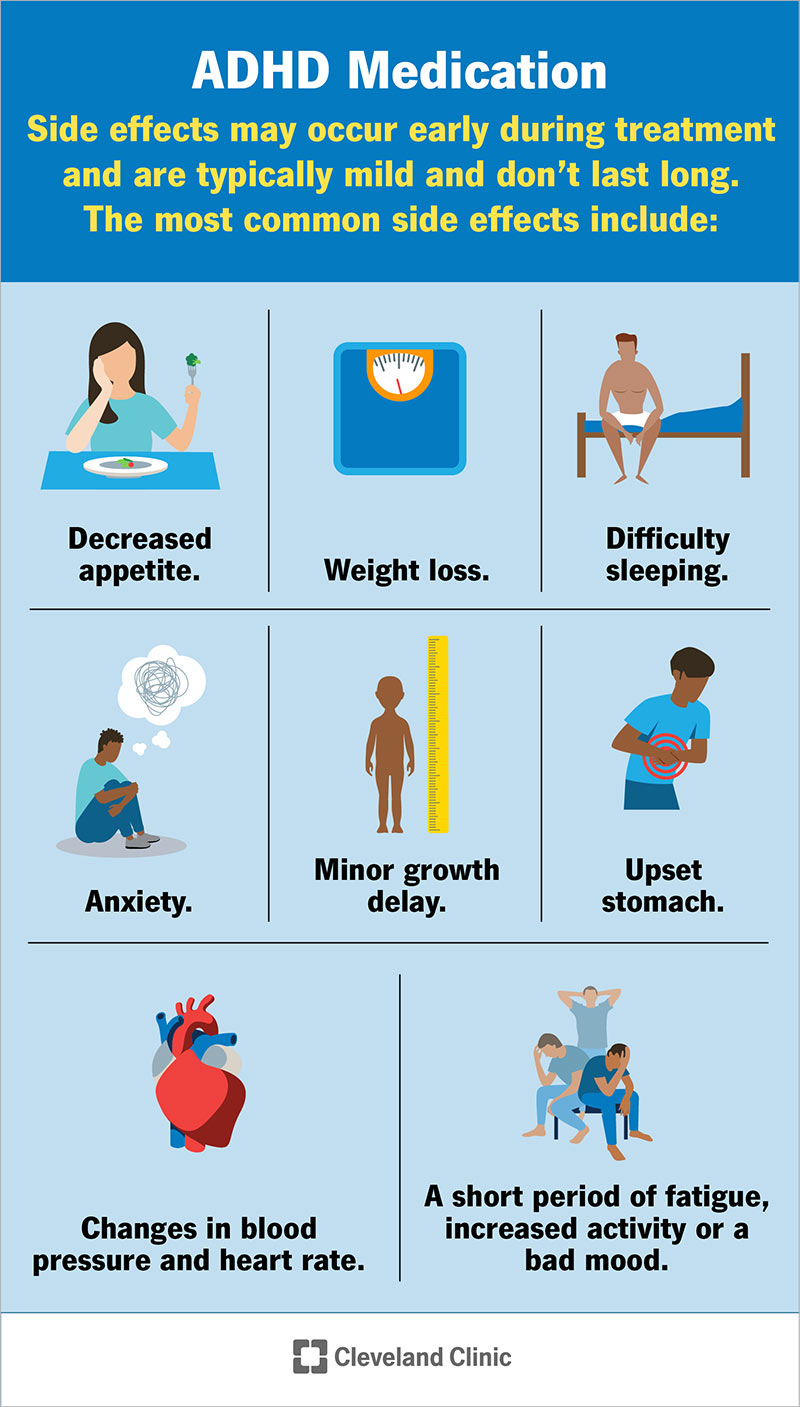Your Guide to Discovering the Right ADHD Therapy for Enduring Results
Navigating the complexities of ADHD treatment calls for a nuanced understanding of both the problem and the myriad choices available for efficient administration. It is essential to identify that what works for one person may not necessarily yield the very same results for one more.
Recognizing ADHD and Its Effect

In adults, ADHD can lead to obstacles in work environment atmospheres, affecting performance, time monitoring, and interpersonal relationships. Frequently, undiagnosed or improperly managed ADHD can add to co-occurring psychological health and wellness issues, such as anxiety and clinical depression, more making complex an individual's overall well-being.
The social understanding of ADHD can vary, resulting in preconception and misunderstanding, which may prevent people from seeking aid. As recognition grows, it is vital to foster a setting that promotes understanding and support for those influenced by ADHD, highlighting the need for exact medical diagnosis and customized techniques to reduce its effect on day-to-day life.
Introduction of Treatment Choices
An extensive approach to dealing with ADHD includes a range of options tailored to the person's special requirements. These options can broadly be categorized into behavior interventions, psychoeducation, and way of living adjustments, along with medicinal therapies that might be checked out later on.
Behavioral treatments, such as cognitive-behavioral therapy (CBT), emphasis on customizing specific habits and creating coping methods to handle signs and symptoms efficiently. Psychoeducation plays an essential role in encouraging both individuals and their households by giving info about ADHD, its difficulties, and effective approaches for support.
Lifestyle alterations can significantly affect ADHD management. Routine exercise, a balanced diet regimen, and adequate rest add to overall well-being and sign control. Mindfulness practices and relaxation methods can additionally boost emphasis and minimize impulsivity.
Assistance teams and household treatment can cultivate a feeling of area and understanding, aiding people really feel much less separated in their experiences. Each therapy choice must be thought about in combination with the individual's preferences and circumstances, ensuring a holistic approach that advertises lasting success. Inevitably, the objective is to produce an individualized therapy plan that addresses the specific obstacles related to ADHD while enhancing total top quality of life.
Medicine: Benefits And Drawbacks
Drug plays a crucial duty in the therapy of ADHD, with various options readily available that can considerably reduce signs and symptoms for lots of people. Stimulants, such as methylphenidate and amphetamines, are generally recommended and have revealed effectiveness in boosting emphasis, decreasing impulsivity, and boosting general behavior. These medicines work by boosting dopamine and norepinephrine degrees in the mind, which are usually dysregulated in those with ADHD.
Nonetheless, making use of drug is not without its difficulties. Some individuals might experience adverse effects, consisting of sleeping disorders, lowered hunger, or increased anxiousness. Furthermore, locating the best dose can be a trial-and-error process, calling for close tracking by medical care professionals. In addition, not all clients react to stimulant drugs, leading some to discover non-stimulant alternatives, which may have a postponed onset of action or different our website negative effects.
It is essential for individuals and their households to evaluate these advantages and disadvantages carefully. Balancing the benefits of sign monitoring versus potential adverse effects is essential for accomplishing ideal treatment results. Partnership with doctor can promote enlightened choices, making certain that medicine is part of an extensive ADHD administration plan.
Behavioral Therapy Techniques

One typically utilized technique is Cognitive Behavior modification (CBT), which aids people recognize and alter adverse idea patterns that add to ADHD-related challenges. Therapist for ADHD. Through CBT, clients learn to set reasonable goals, handle time successfully, and establish organizational systems
One more effective technique is Parent Management Training (PMT), which educates parents on how to enhance favorable habits and lower adverse ones with constant self-control and communication strategies. This method fosters a supportive home environment that encourages behavior view website enhancements.
Social skills training is also essential, helping individuals with ADHD browse social communications much more effectively. Role-playing and modeling appropriate actions can boost social skills and decrease anxiety in social scenarios.
Way Of Life Changes for Better Monitoring
Just how can lifestyle adjustments substantially enhance the administration of ADHD symptoms? Carrying out calculated lifestyle adjustments can lead to considerable improvements in focus, company, and psychological policy for people with ADHD.
Firstly, establishing an organized daily routine helps in developing predictability, which can ease sensations of overwhelm. Constant timetables for meals, research study, and sleep can boost day-to-day functioning.
Integrating normal exercise is also critical, as exercise has actually been shown to increase dopamine levels, boosting focus and motivation (Therapist for ADHD). Going for at the very least 30 mins of moderate exercise most days can be useful
Nourishment plays a crucial duty. A well balanced diet plan abundant in omega-3 fats, entire grains, and healthy protein can sustain cognitive feature. Restricting refined sugars and caffeine may minimize signs, as these can cause power collisions and impatience.
Conclusion
To conclude, discovering the best ADHD treatment requires a multifaceted method that thinks about private requirements atypical antidepressants and preferences. A combination of medicine, behavior modification, and lifestyle modifications can significantly improve sign management and general health. Participating in psychoeducation and establishing structured routines further sustains reliable treatment techniques. Collaboration with healthcare professionals and open interaction with support networks are crucial components in browsing the intricacies of ADHD monitoring, eventually leading to lasting outcomes and enhanced high quality of life.